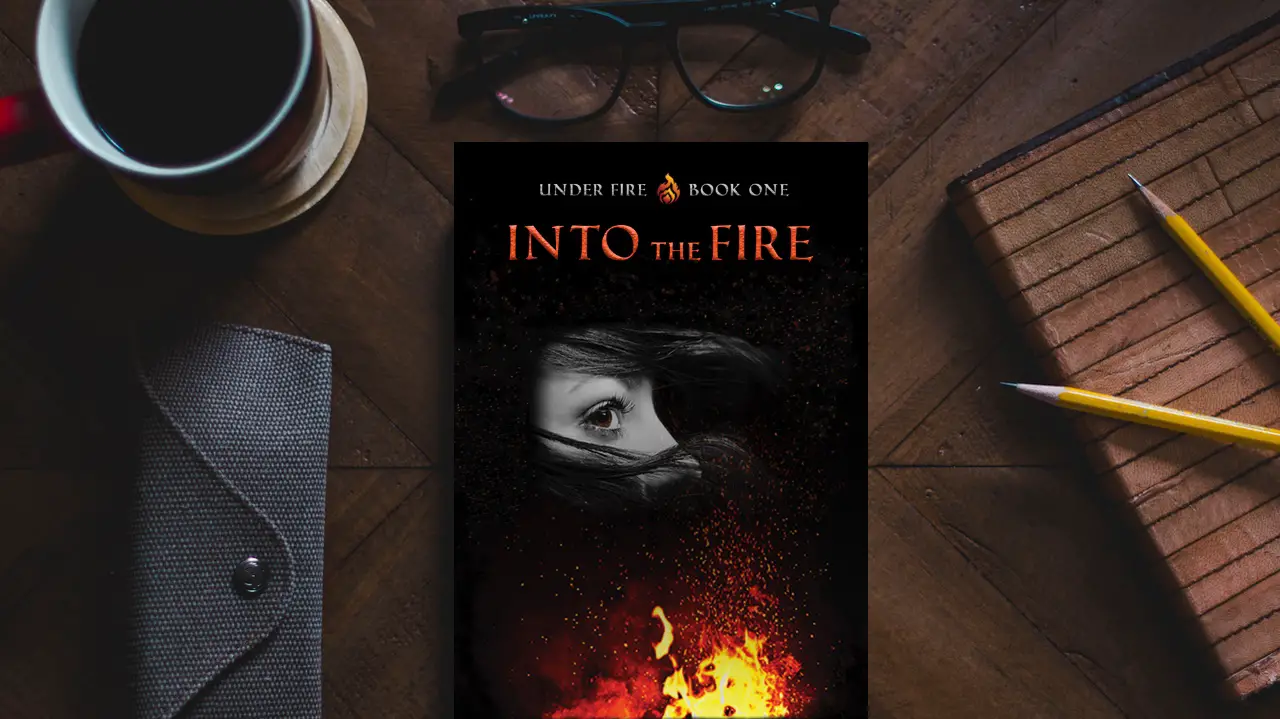Kate was just your average college freshman until she found a fire mark on her hand one day. A mark that she couldn’t get off of herself. That’s when she began to be approached by people who said that she had been given a superpower by God in order to protect others.
The only problem is: Kate doesn’t really know what her superpower is. And she doesn’t really want to have one.
As much as she loves superhero films, she’d much rather go on with her normal life than deal with the problems associated with having superpowers. Especially when there are powerful enemies on her tail.
But circumstances have a way of forcing the situation. Despite wanting nothing to do with this group of guardians, Kate invariably finds herself locked in with them. She told herself she wanted nothing to do with it. But now that she’s in the group, she just can’t keep herself from wanting to delve further into it…
Sometimes when you pick up a book it takes a while to really get into it and enjoy the characters. Other times, the main character grabs you by the throat from the get-go and takes you along for a wild ride through the story.
This book definitely falls in the latter category.
Kate’s strong inner character voice combined with her sarcastic sense of humor makes the book very entertaining to read. But as entertaining as the book is (and it is certainly entertaining), it doesn’t take long to realize that the characters in this book are not just entertaining. They are also complex, flawed individuals who are drawn with a surprising amount of depth to them. Many books just settle for having one or two complex characters. This book had several, and it would be hard to find a character in this book who was not multi-faceted and complex in their own way, although some characters certainly get more “screen-time” than others.
Often I think that, as Christian writers, we can get carried away by wanting to tell great stories that pack in powerful spiritual truths and rich themes and forget about the importance of bringing freshness, humor, and a certain sense of fun to our stories as well.
What this book does well is that it serves as a reminder that you don’t need to be writing the next literary classic to write great fiction—or to have powerful character struggles and character arcs. You can simply write a really good story with really complex characters and trust the story to do the rest.
That’s one of the reasons that I loved Kim Vandel’s Into the Fire. And that’s why you ought to pick it up to read as well.
Discussion Questions:
How does Vandel handle the issue of faith and Christianity in this book? What do you think about the way that it is portrayed?
What techniques does Vandel use to show the complexities of different characters in this book?
Specifically look at Hassen, her brother, and her mom. How does Vandel make these characters sympathetic despite their flaws? How could you do the same in your own work?


This sounds really good. Characters have always been what I loved most about writing and reading fiction, and it sounds like this has some really good ones.
And that cover is AWESOME. 😛
It’s excellent. We should be publishing an interview with her as well in the next couple weeks that focuses on character-building. And I totally agree with you on characters. The more I read, the more it’s characters that draw me in. And the ones here are great.
Another book added to my reading list. Great review Josiah!
Thanks Christi!
Thanks for the awesome review, Josiah! As a reader, I love it when a book not only entertains me, it connects with my heart and mind, so I tried to give that to readers of Into the Fire. I hope others will enjoy it as much as you did!